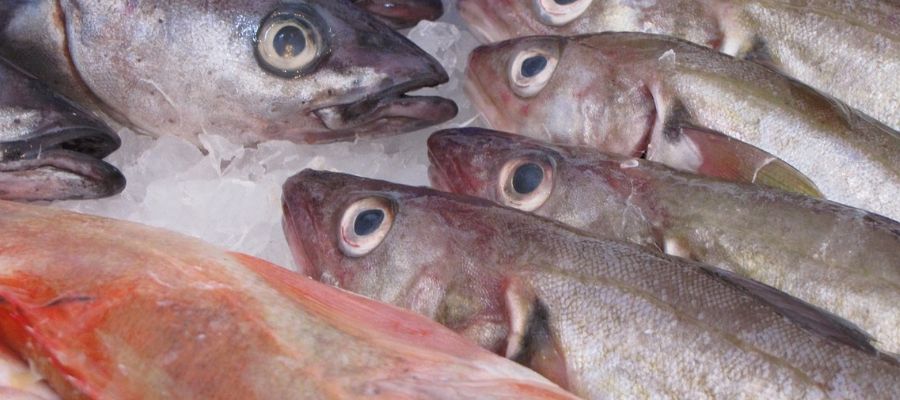
Legal Informer: Importation of Fisheries in Nigeria
The Federal Ministry of Agriculture and Rural Development (FMARD) has tasked stockfish and seafood importers on proper documentation to avoid illegal importation. By the rules of the Ministry, anyone who wants to go into importation of stockfish must first be licensed by the ministry of
agriculture via the fisheries department.
As an importer of fisheries, here are a few things you need to know about the regulations. The importation of fisheries is regulated by Agencies like the National Agency for Food and Drug Administration and Control (NAFDAC), the Nigerian Custom Service (NCS) and Department like the Federal Department of Fisheries.
It is mandatory for importers of fisheries to comply with the regulation of the Inland Fisheries Act. Section 8 provides that no person shall export or import a live fish or any other aquatic animal without the Minister. The Act in Section 11 further provides that no person shall spray noxious chemicals on fish or fish products and no contaminated, infected, or spoilt fish shall be sold or offered for sale. A contravention of these sections amounts to an offence punishable by law upon conviction.
The essence of this Act and the Department of Fisheries is to provide importers with standards for safe importation of fisheries. NAFDAC also regulates the quality and the safety of imported fisheries
through its mandate to ensure that all food and drug products including fisheries, imported into the country are safe for human consumption.
Section 1 of the Food Products Registration Regulations provides that every food manufactured, imported, exported, advertised, sold, or distributed in Nigeria shall be registered in accordance with the provisions of the Regulations. The manufacture or importation of any food product as a sample for registration shall be undertaken with the approval of NAFDAC.
The NAFDAC Ports Inspection Directorate (PID) Guidelines for Issuance of Authorization To Open Form M, further provides that Importers of bulk food raw material / importers of frozen fish, for which NAFDAC Permits or Certificate of Registration are not issued shall provide permit from the
Department of Fisheries (for importer of fisheries), Federal Ministry of Agriculture for the issuance of a NAFDAC e-license operations.
In addition, before the products are cleared at the port of entry, the NCS requires that all importers of fisheries obtain an import permit from NAFDAC. The NCS is responsible for enforcing custom regulation and ensuring that all imported fisheries and other imported products comply with the
relevant laws and regulations. This implies that the Department of Fisheries licence is paramount to the importation of fish into Nigeria.
It is important to mention, that fisheries are susceptible to tissue decomposition and microbial spoilage because they begin to deteriorate as soon as they leave water, hence, strict regulation on
importation of fisheries should be complied with to ensure these products are save for human consumption. Food safety is a significant public health concern because of its direct relationship with people’s lives and health. Therefore, any importation without due documentation process
and risk assessment posses as a threat to human life and is illegal, to which the importer may be liable upon conviction to an option of fine, imprisonment for a term of years or both.




